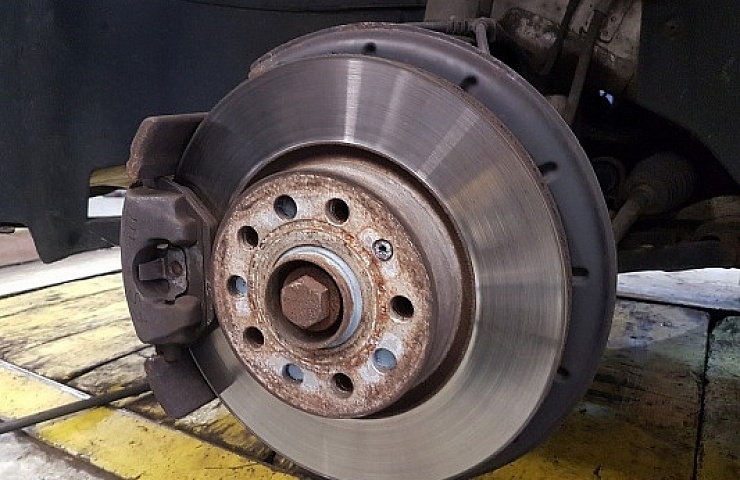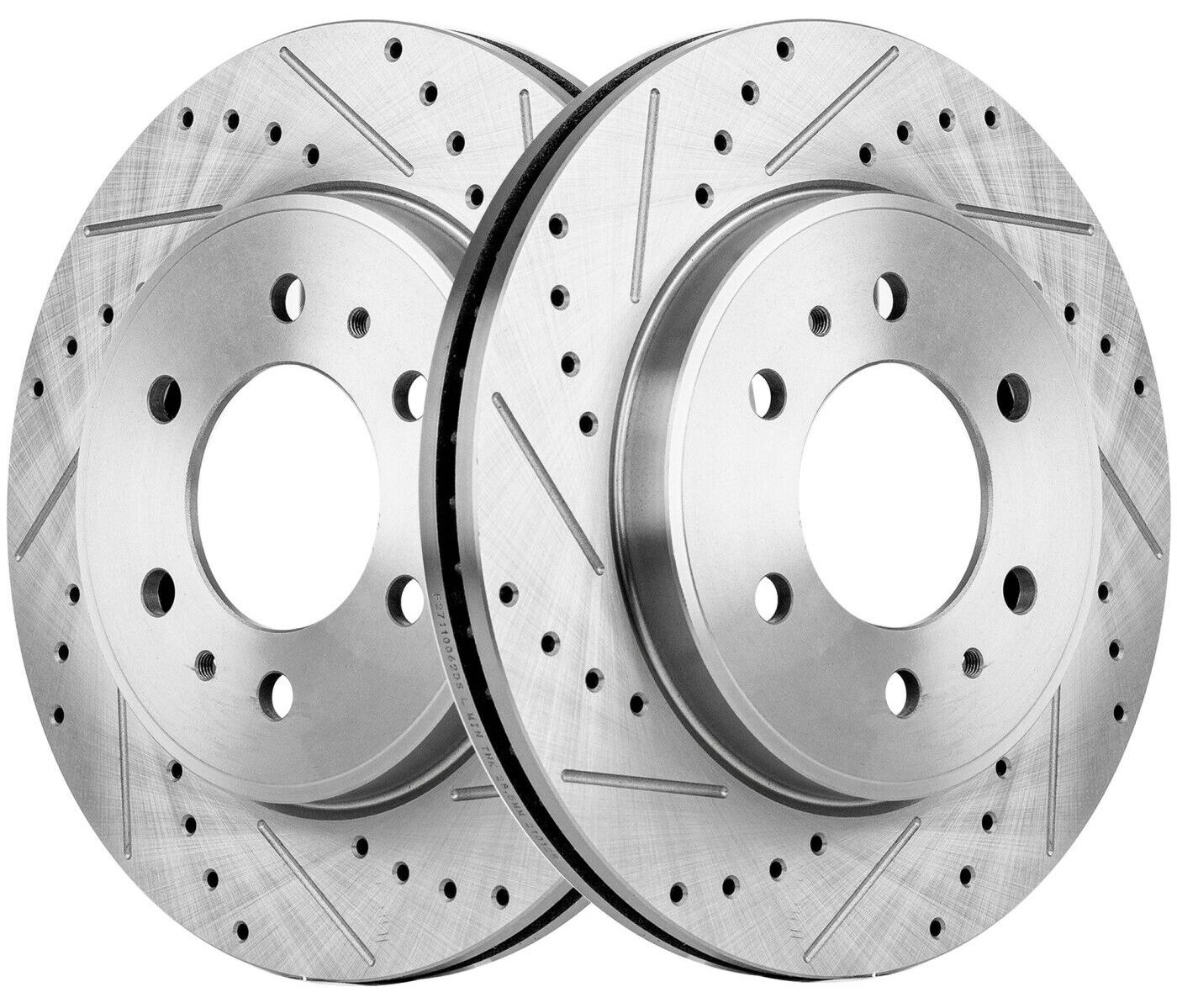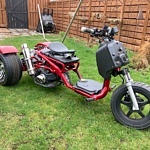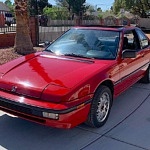Contents
Does your car make an annoying vibration when you hit the brakes? You can ignore the noise and annoying shudder once or twice. But if it happens at every stoplight, your brakes need attention. The culprit is likely the brake rotors.
Can resurfacing the brake rotors fix the problem, or should they be replaced? The answer depends on the cause of the noise.
Brake-rotor “runout” describes the amount of wobbling in the brake elements. If there’s too much runout or side-to-side movement, the brakes will vibrate, shake, and make noise when the brakes are applied. The problem could result from poor machining on a previous brake pad replacement—or there could be rust or dirt between the rotor and hub.
Fixing Brake-Rotor Runout
Resurfacing the brake rotor with an on-car lathe is the go-to solution. That’s because the rotor and hub have the same orientation when the wheel turns with the lathe. Most lathes cost a couple thousand dollars, and unless you expect to do a ton of brakes, it might not be cost-effective to purchase one. It’s not typically something needed in a home shop.
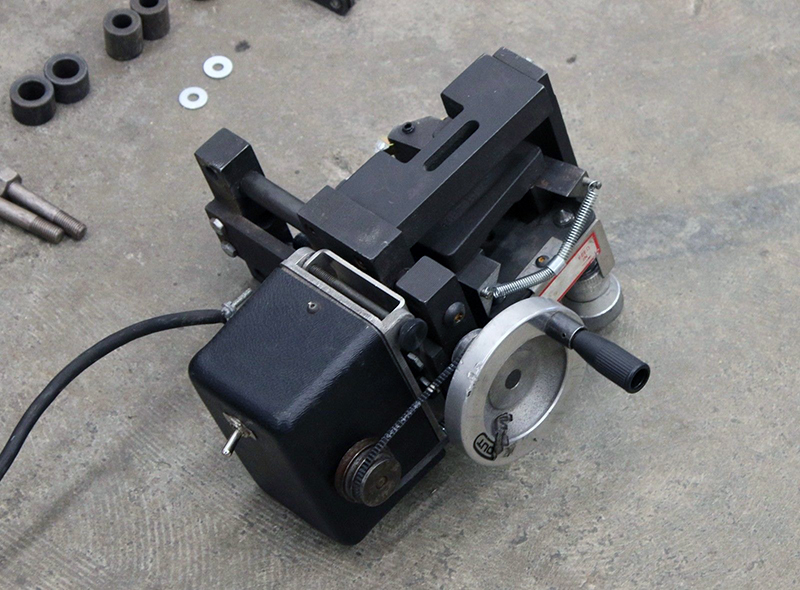
eBay Motors offers a wide selection of on-car lathes for brake rotor resurfacing.
Regardless of who does the work, all four rotors should be machined to the same thickness for the brakes to function correctly. Also, machining shouldn’t take the rotors below the manufacturer’s specified minimum thickness. That will make them weaker and less capable of absorbing heat. Overheating causes various brake problems, such as fade and warped rotors.
Rotor Replacement
If the rotors are warped, they require replacement. Improperly tightening the lug nuts when you replace a wheel can cause warped discs. Always use a torque wrench rather than an impact gun. We recommend working in a star pattern around the wheel. Excessive use of the brakes can overheat the rotors and can cause them to warp. Try not to ride the brakes when going downhill.
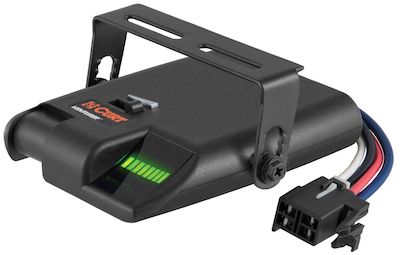
Avoid excessive heat when towing with a trailer-braking system.
If you use your vehicle to tow a heavy trailer, especially on hilly roads, a good trailer braking system should prevent the problem.
Newer cars often come with thin rotors, and when you feel the shake, the rotors have warped too far. There is not enough material to shave off and safely use the rotor.
Brake Rotor Resurfacing Tips
Is it necessary to resurface the brake rotors when you install new brake pads? The answer depends on rotor wear and recommendations provided by the automaker. Most rotors should last through at least one brake-pad replacement. After that, depending on how aggressive you are with the lathe, you can resurface them at least once, perhaps a couple of times, before reaching minimum thickness.
Exceptions include poorly scored rotors due to dirt on the brake pads. Hard spots can be too deep into the metal to machine out. In addition, if the vehicle was not driven for an extended period, the rotors might rust, significantly increasing brake-pad wear.
If you decide to machine the rotors, make sure you know how to properly set up the lathe, using fresh, sharp bits and the proper feed speed. Then, machine the rotors to the manufacturer’s recommended roughness average (RA).
An alternative is to use a rotor machining service. Drop the rotors off to a service provider, and they will verify if there is enough material to resurface. This job usually takes a single day.
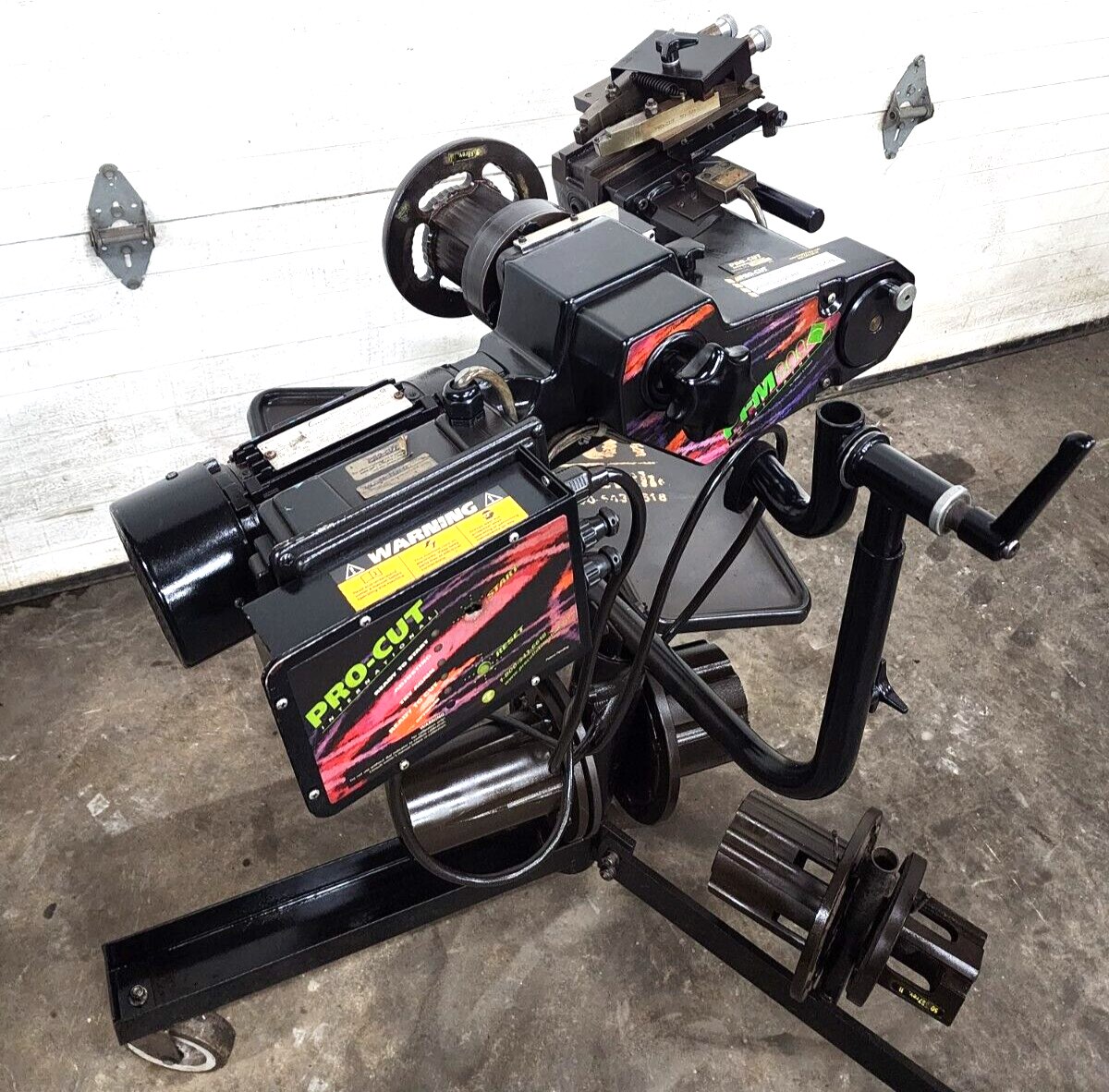
Disc-brake lathe
Inspect the Rotors and Resurface When Necessary
Even if the rotors don’t need to be replaced, it’s essential to inspect them every time you replace the pads. If the rotors are clean, some technicians recommend leaving things as is. However, most opt to resurface the rotors to ensure the new pads seat properly.
If you are installing new rotors out of the box, don’t machine them. That can reduce the quality of the finish and result in excessive runout if the rotors aren’t correctly resurfaced.
Warped brake rotors are annoying and not safe. If you detect a problem, it’s best to address the problem sooner rather than later.

